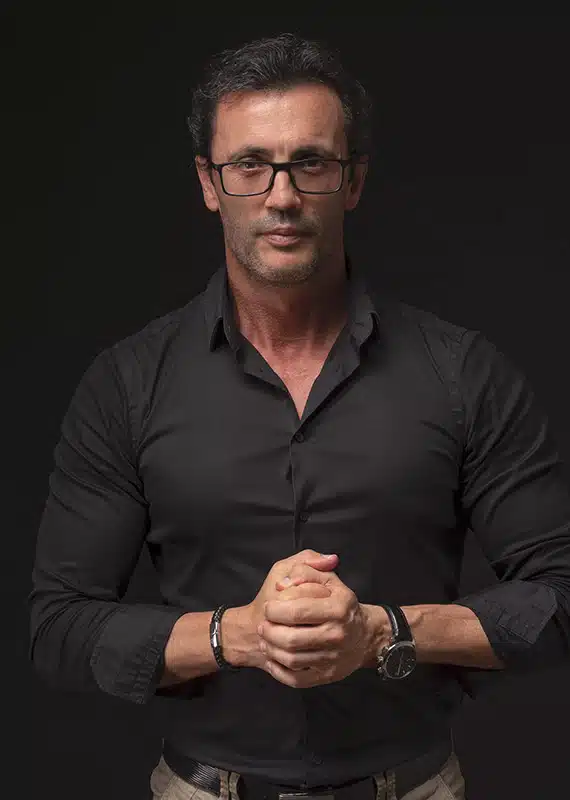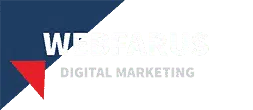(re) Thinking about the teaching of Informatics in public schools
Computer science course? There isn’t one! Computer Technology Course? It doesn’t exist anymore! Currently, only two computer subjects are available in the educational offer of Basic and Secondary Education.
Wow! The Information Technology (IT) market is on the rise in Portugal! It is from the areas where there is a greater demand for professionals and, at the same time, it is the areas that… more difficulty in finding talent?! Oh, no!
I know that there are other work-activities on the rise too and also with a lack of qualified professionals, but in this article allow me to defend my subject: Computer Science. And to explain that in Portugal, with the IT market increasingly dynamic, we also welcome every day that more national, international and multinational companies with great financial capacity approaching. It is important to rethink the teaching of Informatics in public schools.
Computer science in Primary and Secondary Education
Computer science course? There isn’t one! Computer Technology Course? It doesn’t exist anymore! Currently, only two computer subjects are available in the educational offer of Basic and Secondary Education.
ICT discipline (Information and Communication Technologies), taught one hour at a time instead of in Basic Education, from 5th to 9th grade. Discipline of Computer Applications (optional), taught only in the 12th year of schooling in the courses of Science and Technology, Socio-Economic Sciences, Languages and Humanities and Visual Arts.
Result? Rodrigo (for example!) reaches the 9th grade and decides to continue in regular education because he wants to pursue studies and enter university. He sets aside professional schools and enrolls in one of four possible Scientific-Humanistic Courses: Sciences and Technologies, Socio-Economic Sciences, Languages and Humanities and Visual Arts. What happens next? Regardless of the chosen course, in the 10th year there is no Computer Science. In the 11th grade there is no computer science. And finally, in the 12th year has the chance to choose the subject of Computer studies. In such a short time, what opportunity will Rodrigo have to learn, for example, to program?
As interested as this student is, and as competent as his teacher is. The truth is that the turning of logical instructions into codes with the aim of executing certain sequences, creating a program or software, is quite difficult and time consuming!
Of course, Rodrigo (good luck to you, boy!) can learn to program in the three or four years he will spend in college, but without the bases the qualification is more deficient. And this brings me back to the initial problem: the lack of programmers in Portugal, when the offer at the level of public and private higher education is inversely proportional. However, the resolution of the problem is capable of passing precisely through intermediate education.
Is computing from the user’s point of view sufficient?
No! Right now, knowing the basics of Computing is as important as knowing how to read and write. But the question is pertinent to explain that, effectively, the student learns, inside and outside the school, the Informatics from the user’s point of view. But also, does it in class, when you write a word-on-word using word-document software. Do you ever think of the programmer behind the software that allows you to change the type and font size? Think of that person or the group of people who have managed to turn text formatting instructions into code?
When you take your smartphone to scroll through the Instagram feed, do you ever think of the programmer who has created the application that makes it possible to access the network through mobile devices? Um… No, you don’t. Because there is no public general secondary education, the chance to grow and foster logical reasoning and critical analysis in Informatics.
I don’t question Rodrigo’s future. I believe you’re going to turn into a fantastic front-end or back-end programmer! Specialize in network security, data communication, computer architecture, hardware maintenance, application development or website creation, among many other options. But for now, I know that you are limited to developing a list of activities based on programs and applications that (by magic) downloaded to your phone and computer.
If the insufficiency of computer science subjects in primary and secondary education is, however, filled, in a few years, Rodrigo will fill a job vacancy. And it will counter this trend of lack of qualified professionals and import of talent from abroad. For now, this and other students and teachers, there is a chance to join the group that understands that it is essential to invest in a comprehensive, modern, up-to-date and market-adjusted computer education. Ctrl + C | Ctrl + V on it!
Article published in the Daily Journal Online, Southern Region
https://regiao-sul.pt/2021/12/01/opiniao/repensar-o-ensino-da-informatica-na-escola-publica/561378
More
Clients?
Hi, my name is Luís Horta, and I'm determined to grow your business. My question is: Are You Ready?

About Luís Horta
Read More
more articles of interest to you




